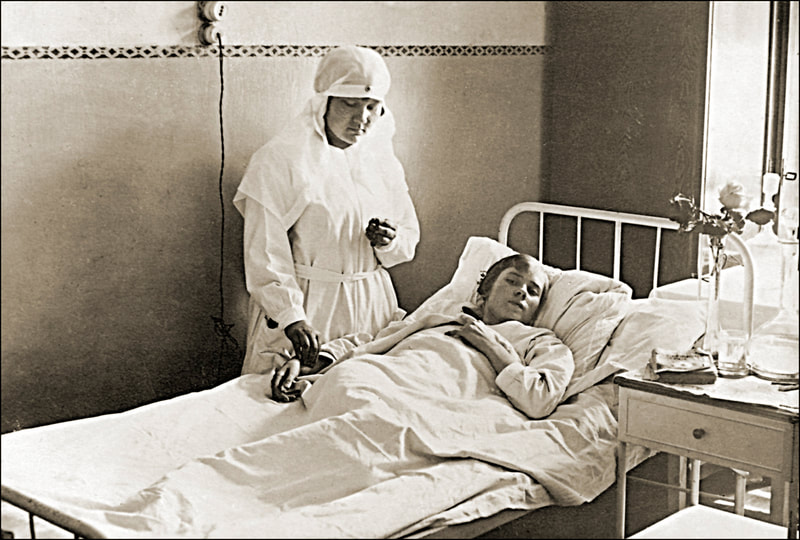Why is Vaccination Important? |
Page 2 |
What do smallpox, diphtheria, tetanus, yellow fever, whooping cough, polio, and measles have in common?
|
The rate of occurrence of these diseases is astronomically low in the developed world due to vaccinations. Nearly two hundred years ago, the first vaccine was created and can be credited with saving approximately 9 million lives per year worldwide (Unicef, 1996). Prior to these vaccines some diseases claimed millions of lives and left thousands with devastating disabilities.
|
In the United States we tend to take an “ignorance is bliss” approach to vaccine preventable diseases. Because we live in a developed country with access to clean drinking water, an abundance of internet sources and quality healthcare, we do not realize that countless vaccine preventable diseases do exist and can become as common as they once were. In fact, recently vaccine preventable diseases have started to reappear which is directly linked to the percentage of parents who choose not to vaccinate their children. The key to avoiding the resurgence of vaccine preventable diseases, which carry some serious side effects, is to get vaccinated and stay up to date with your vaccines. This includes all members of the family.
The more people that are vaccinated, the more protected we are as a society in warding off vaccine preventable diseases. This is called herd immunity. Vaccine herd immunity has been proven to be effective for over a century. Herd immunity is important because some members of a society cannot safely receive vaccines for various reasons. Those members are protected because of the herd immunity of their community group. When the majority of people are vaccinated, the chances of a resurgence or outbreak of any vaccine preventable disease is far less likely and keeps the entire group safe. People with weakened immune systems due to cancer or other illnesses cannot always receive a vaccination and therefore rely on herd immunity to protect them from potentially deadly diseases.


